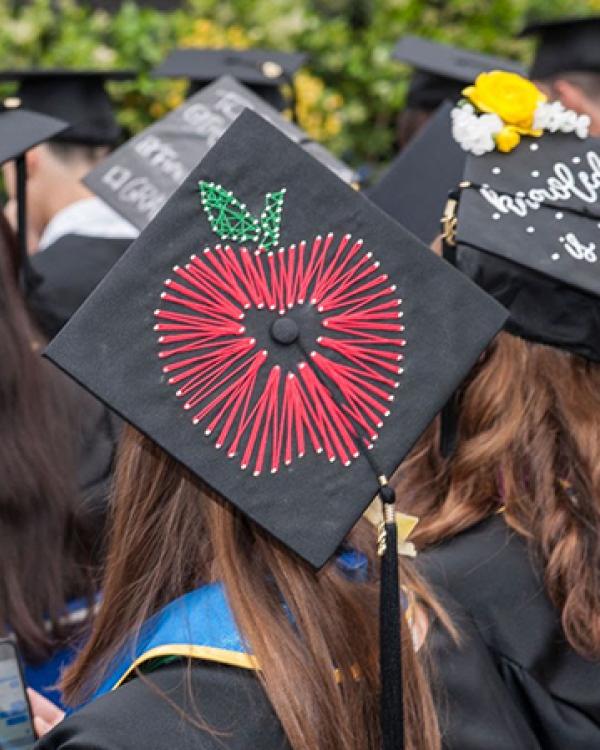
UC Santa Barbara’s Teacher Education Program (TEP) has received a record number of applicants—270—for the upcoming 2021-22 academic year. The program has averaged 145 submitted applications across the last five years, though last year TEP saw an increase to 181.
“Our record number of applicants is an encouraging sign we can grow the workforce of teachers in California schools,” says TEP Interim Director Andrew Fedders. “In a time when the services provided by schools and teachers are recognized as more essential than ever, it is critical we take this opportunity to bring more well-prepared educators into classrooms. This influx of teachers is likely to have positive impacts across the state.”
Results from a survey following the application process discovered that that 78% say the pandemic did not impact their decision to apply. The survey also illuminated some applicant’s reasons for choosing the program, ranging from “I was attracted to the immersive and collaborative approach,” to “Working with the SB Unified School District, I have encountered many individuals who either already completed the program, or are currently in the program, and have only heard good things about UCSB’s Teacher Education Program.”
The Teacher Education Program (TEP)—part of the Gevirtz Graduate School of Education—is a 12-month, post-baccalaureate program. It works with one cohort of students per year, with all students beginning in June and completing the program the following June. UCSB candidates will earn a California teaching credential and have the option to concurrently earn a Master’s degree (M.Ed.) in one year. TEP offers the following credentials: Education Specialist Instruction Credential (mild to moderate support needs, extensive support needs); Multiple Subject Teaching Credential; Single Subject Teaching Credential (English, History/Social Science, Mathematics, Science, World Language/Spanish). TEP’s teacher candidates serve as professionals who value the power of education, emphasize student-driven and relationship-centric learning, represent diverse communities, and become teacher leaders who strive to improve the educational system.